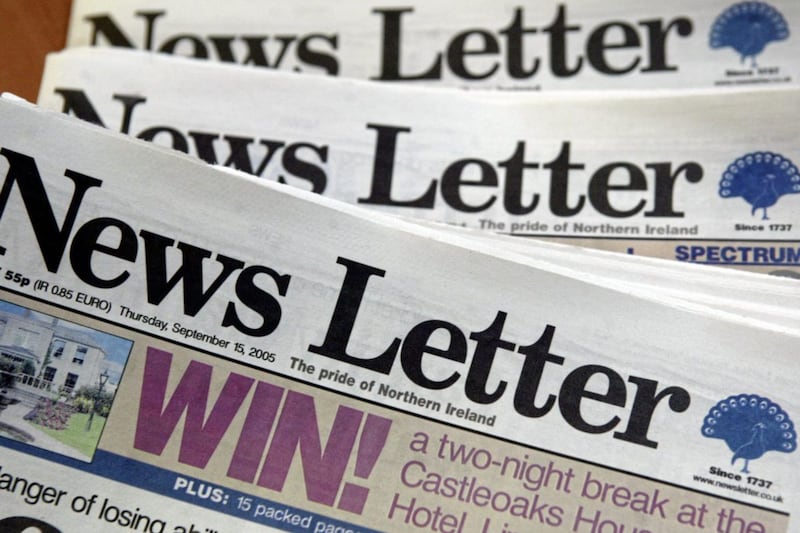From the end of The Jeremy Kyle Show to pensioners protesting about changes to the TV licence, here are some of the big stories from broadcasting over the last year.
– March: The human rights watchdog investigates BBC pay
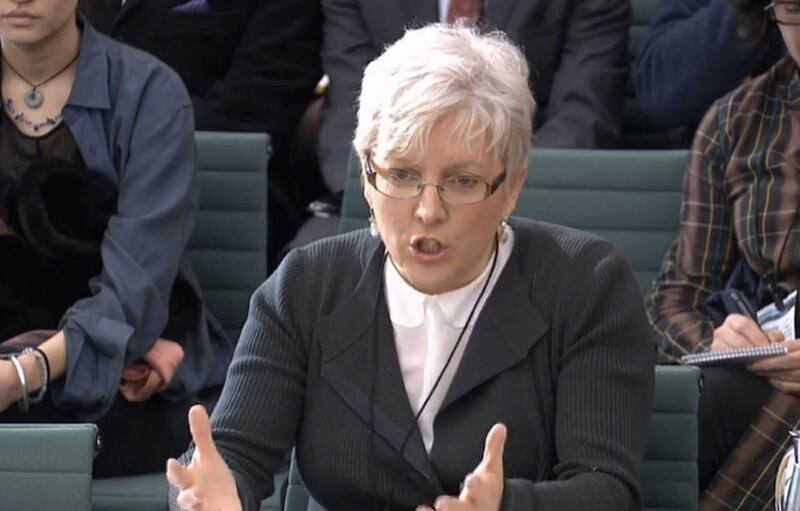
The Equality And Human Rights Commission investigated alleged discrimination against women at the broadcaster.
MPs on the Digital, Culture, Media and Sport Select Committee had accused the BBC of “an invidious culture of discrimination” against women on the payroll after the resignation of former China editor Carrie Gracie.
– May: Danny Baker gets the sack
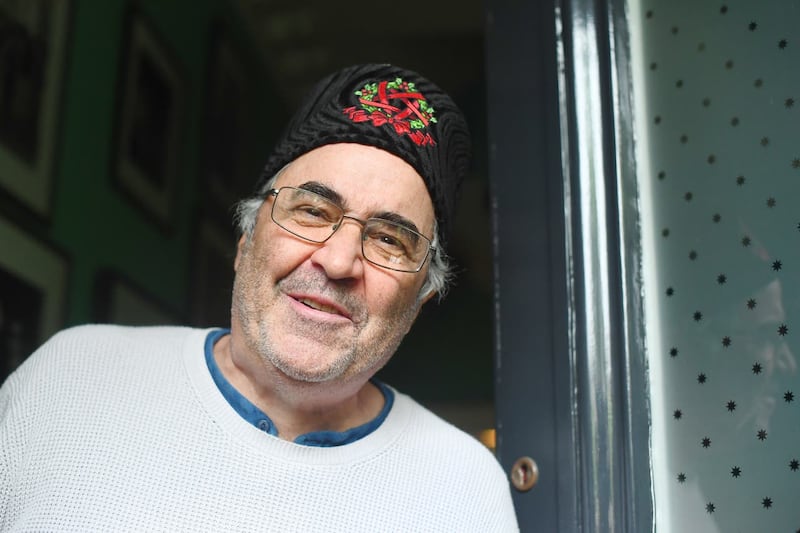
The DJ was axed by BBC Radio 5 Live after tweeting a joke about the Duke and Duchess Of Sussex’s son using a picture of a monkey.
Baker apologised but said he had been thrown “under a bus”.
– May: The return of Gavin & Stacey is announced
The BBC surprised fans with news of a Christmas special for the much-loved sitcom, after 10 years away.
Co-creators Ruth Jones and James Corden had been secretly working on a new script.
– May: The Jeremy Kyle Show is axed
ITV ended the controversial show – a regular fixture in the TV schedule since 2005 – after an outcry following the death of guest Steve Dymond.
Kyle was asked to appear before MPs but did not do so, while MPs accused ITV Studios of “corporate failure of responsibility”.
The issue of aftercare was already in the spotlight following the deaths of former Love Island contestants Sophie Gradon and Mike Thalassitis.
– June: The end of the universal, free TV licence for pensioners is announced
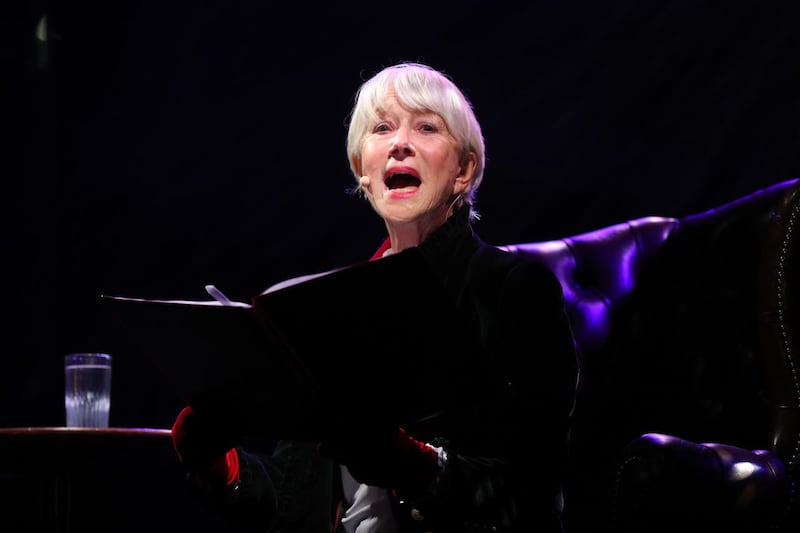
Dame Helen Mirren, Len Goodman and Dame Vera Lynn were among the big names to criticise the end of the free, universal TV licence for the over-75s.
Many heaped blame on the Government, which passed on responsibility for funding it to the corporation, while others accused the BBC.
Pensioners mounted protests but Culture Secretary Nicky Morgan said she had “no plans” to review the licence shake-up.
– July: The BBC publishes its talent pay list
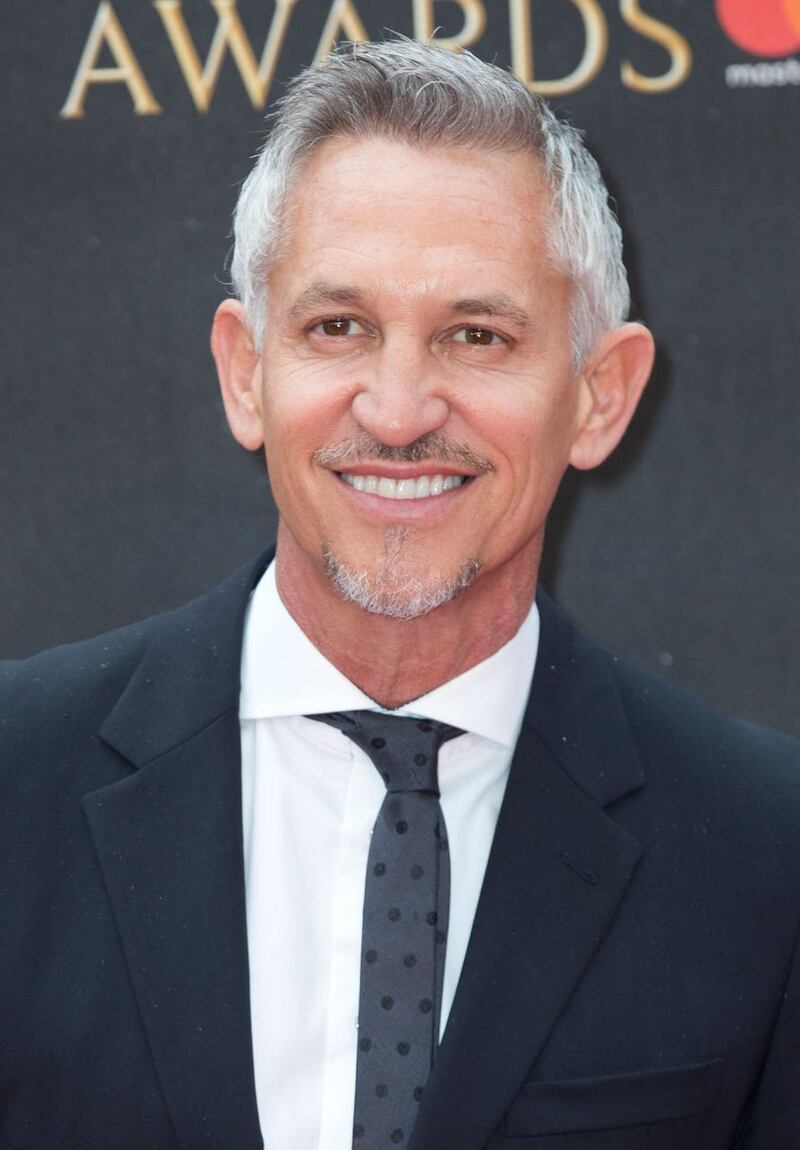
The list was again topped by Gary Lineker, earning between £1,750,000 and £1,754,999.
Chris Evans and Graham Norton completed an all-male trio at the top of the rankings, which also featured Zoe Ball, Vanessa Feltz and Claudia Winkleman.
The BBC was criticised for handing some of its stars pay rises while announcing changes to the TV licence for pensioners.
– July: Kirsty Young exits Desert Island Discs permanently
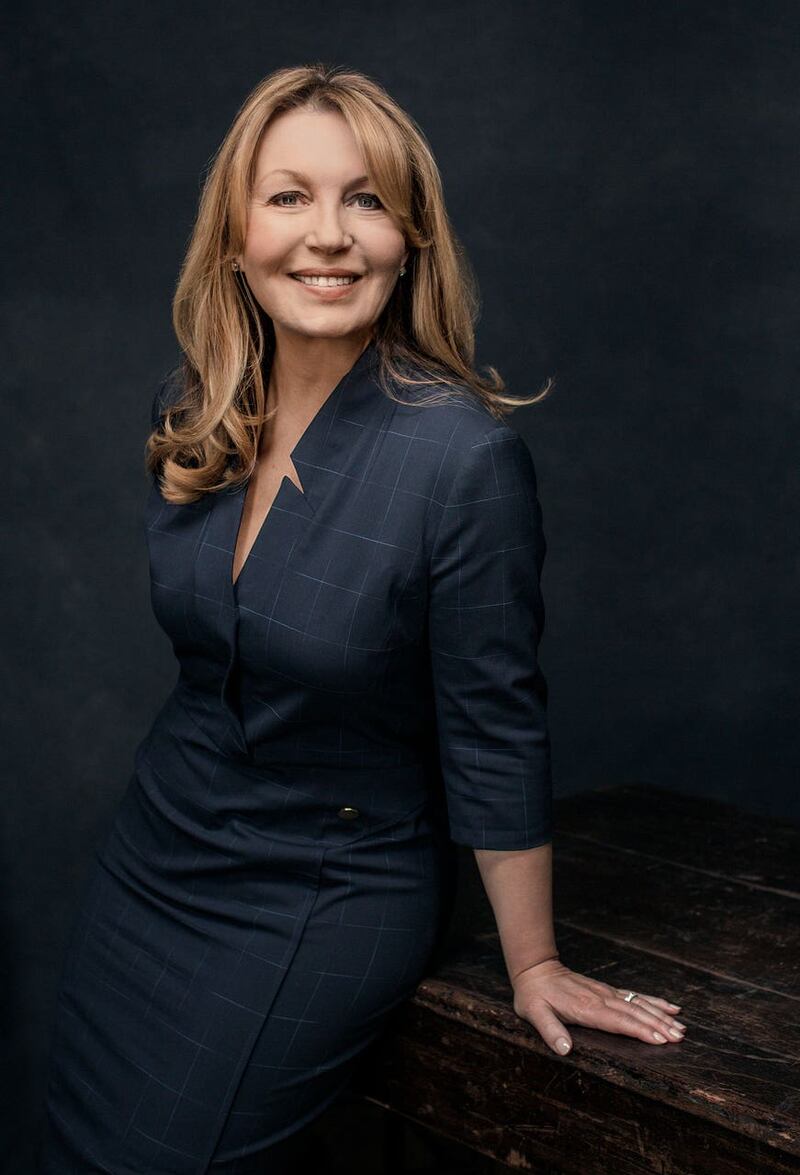
Young stepped down permanently as host of Desert Island Discs after initially announcing a break.
Lauren Laverne, who had been filling in, continued to present the popular programme.
Laverne later thanked fans on Twitter for their support after being criticised for her performance on the Radio 4 show.
– September: John Humphrys leaves the Today programme
Here's the moment John Humphrys signs off after 32 years of broadcasting on the Today programme and an illustrious journalism career spanning six decades #r4today
Full sign off 👉 https://t.co/JYz6qDwUTL pic.twitter.com/vm1nBIHPHM
— BBC Radio 4 Today (@BBCr4today) September 19, 2019
The Today “Rottweiler” bowed out of the early-morning BBC Radio 4 programme after 32 years and 5,000 programmes.
He ended his final show with a swipe at politicians who snub political interviews in favour of social media.
– September: Naga Munchetty row
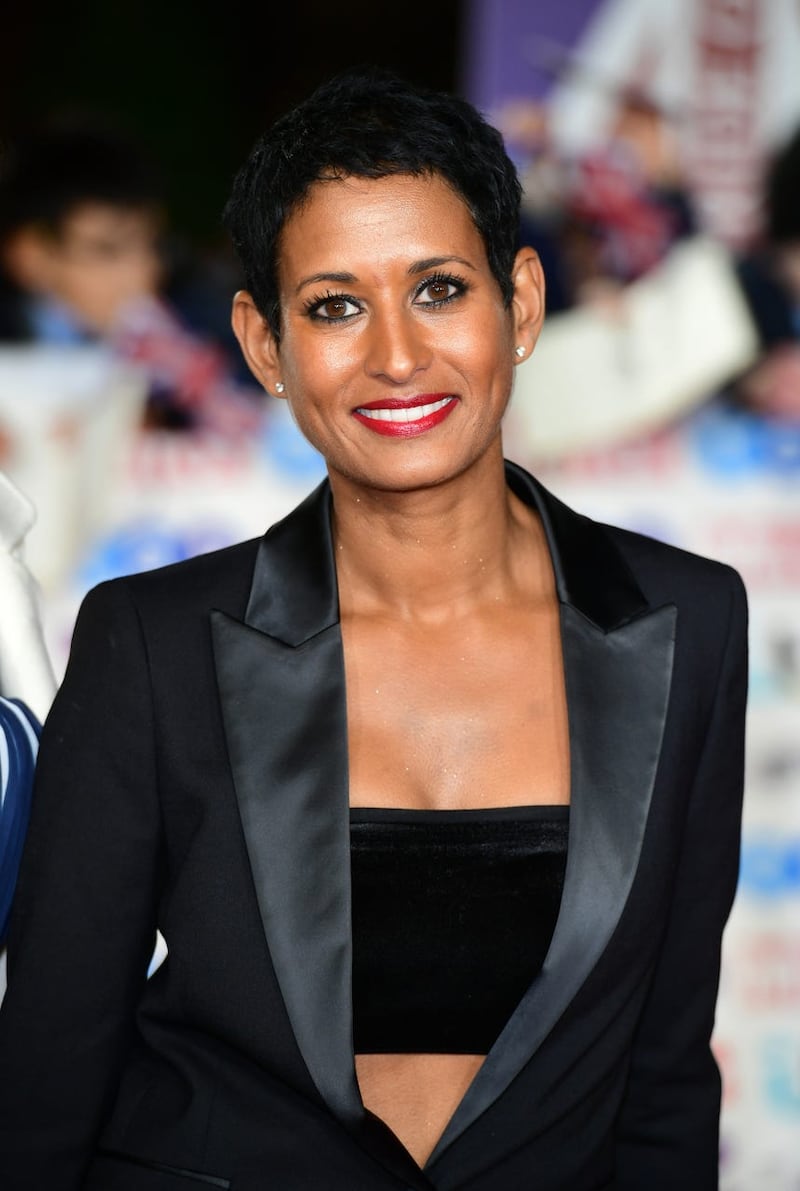
The BBC came in for widespread criticism for its handling of comments made by Munchetty about Donald Trump, after he told female Democrats to “go back” to their own countries.
The Editorial Complaints Unit originally ruled that the remarks broke editorial guidelines, but director-general Tony Hall overturned the ruling.
– September: iPlayer Radio app shutdown
The BBC began the shutdown of the app despite grumbles from users.
It was replaced by BBC Sounds, which had been launched to a mixed response last year, but the broadcaster later said a “surge in podcast listening” had helped drive “record listeners to BBC Sounds”.
– September: Sir Cliff Richard accepts £2m from the BBC
The singer agreed a final settlement with the BBC, receiving around £2 million towards his legal costs.
He had sued the broadcaster over its coverage of the police search of his Berkshire home in 2014.
The judge had already ruled in the singer’s favour, awarding him £210,000 in damages.
– October: Zoe Ball listeners tumble
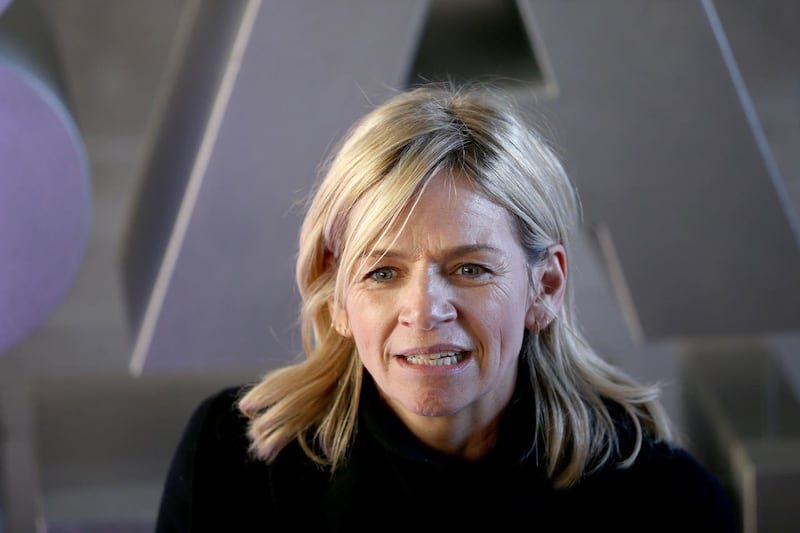
Ball took over the BBC’s Radio 2 Breakfast Show from Chris Evans in January.
In October, the show scored its lowest audience numbers in a decade, with 7.9 million weekly listeners, shedding nearly a million year-on-year, according to audience research body Rajar
– October: Samira Ahmed launches an equal pay claim
Newswatch presenter Ahmed was seeking nearly £700,000 in back pay for November 2012 to February 2019.
She claimed she did similar work to Jeremy Vine, who presented Points Of View, but the BBC rejected the claim and said the work was not comparable.
– November: BritBox launched
Full stream ahead for BritBox as ITV and BBC sign agreement https://t.co/Jtvxp2DFUk @BritBox_UK @ITV @BBC pic.twitter.com/MDhklTMrM2
— ITV Press Centre (@itvpresscentre) July 19, 2019
The BBC and ITV hoped the UK streaming service, which also has Channel 4 and Channel 5 shows, would counter the dominance of US giants.
It was billed as “the biggest collection of British box sets available in one place”, from classic programmes to newer shows.
– November: Emily Maitlis interviews the Duke of York
"I have no recollection of ever meeting this lady."
The Duke of York has spoken for the first time about his links to Jeffrey Epstein and the allegations against him https://t.co/YfWs2EAi6v
FULL INTERVIEW: Saturday 21:00 @BBCTwo with @maitlis#Newsnight pic.twitter.com/zy7jvnRPJp
— BBC Newsnight (@BBCNewsnight) November 15, 2019
The journalist later said she did not expect her Newsnight interview to have the repercussions it had.
“It wasn’t an attempt to bring down the royals, just a chance to understand the story,” she said.
– December: The most complained about show of the year is revealed
A comment made by Jon Snow put Channel 4 News at the top of the list for the year.
Ofcom received 2,717 complaints when Channel 4 News anchor Snow said, after a day of rallies and protests relating to Brexit, that he had “never seen so many white people in one place”.
The comment did not breach TV rules.
– December: Love Island gets a new host
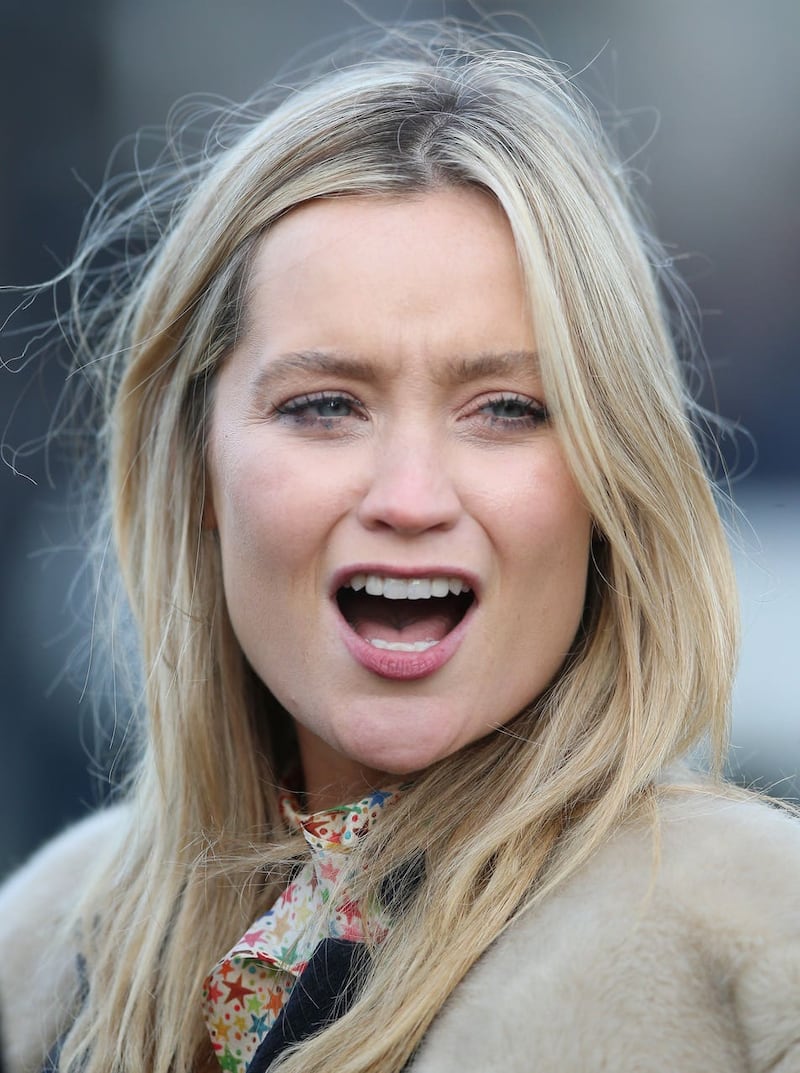
Laura Whitmore was confirmed as the presenter of the next series after Caroline Flack stepped down following an assault charge.
Flack denied assaulting boyfriend Lewis Burton in an incident that left them both covered in blood in scenes likened to a “horror movie”.
Flack is alleged to have hit Burton over the head with a lamp, causing a head injury.
Whitmore will host the first winter series of the ITV2 dating show.
– December: Broadcasters hit controversy during the election
We @Channel4News are awaiting confirmation for our interview too with @BorisJohnson https://t.co/KdHOlq0u4h
— Ben de Pear (@bendepear) December 5, 2019
The BBC was criticised by the left and the right in the weeks before the poll.
Huw Edwards, who led the BBC’s coverage on the night after taking over from David Dimbleby, hit back at suggestions of BBC bias.
The campaign saw Andrew Neil broadcast a monologue after Boris Johnson snubbed his programme.
A Conservative source suggested the party may review Channel 4’s public service broadcasting position after it replaced the Prime Minister with an ice sculpture when he refused to take part in a climate change debate.
– December: Boris Johnson said he is “looking at” abolishing the BBC licence fee

“At this stage we are not planning to get rid of all TV licence fees, though I am certainly looking at it,” the Prime Minister said in the run-up to the election.
He also said that decriminalisation of non-payment of the licence fee was under consideration.





